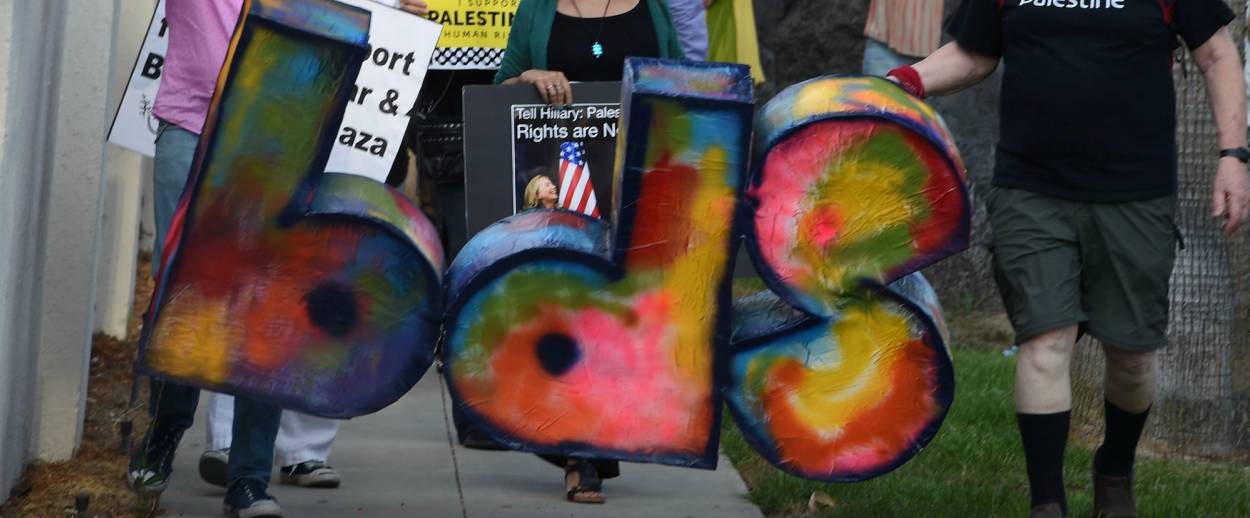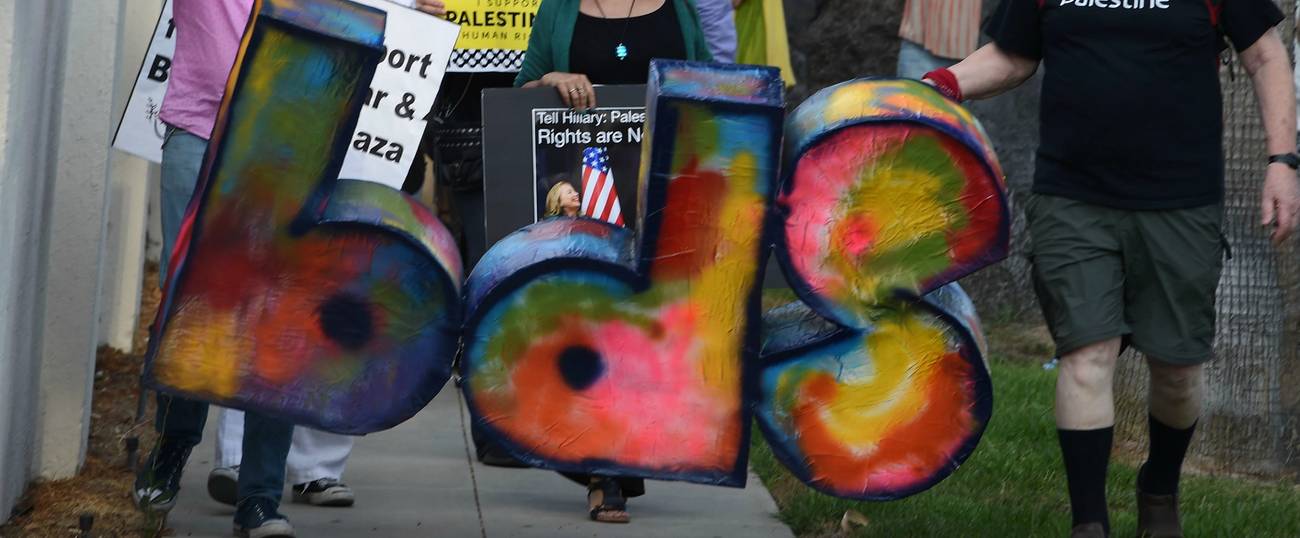The Modern Language Association Votes to Reject Academic Boycott of Israel
Insight into why the largest professional association of humanities scholars in North America rejected a BDS motion to boycott Israeli universities




On Saturday at the annual convention of the Modern Language Association in Philadelphia, the Delegate Assembly, the elected body of the organization of which I am a member, debated and ultimately rejected a BDS motion to boycott Israeli universities, 113-79. In addition, after lengthy and heated discussions on Saturday afternoon, the Assembly adopted a resolution, by a vote of 101-93, declaring the boycott inconsistent with the purpose of the MLA and stipulating that the MLA refrain from endorsing the boycott. (Martin Shichtman of Eastern Michigan University and I had submitted this resolution, so I am writing as a participant in these events). With some 25,000 members, the MLA is the largest professional association of humanities scholars in North America. These votes represent a significant defeat of the boycott movement and continues a series of losses that BDS has faced after being turned back by the American Historical Association and the American Anthropological Association. Three strikes and you’re out.
The outcome at the MLA represents an important victory for the anti-BDS group within the association, MLA Members for Scholars Rights. It was formed in the aftermath of the 2014 MLA convention in Chicago, which featured a prominently placed pro-boycott advocacy session. Opponents of the boycott scrambled to organize a counter-session, outside the regular convention programming. Since then intense debate has taken place within the MLA, and MLAMFSR has worked hard to counter the BDS proponents. All this built up to the showdown in Philadelphia, with the two dueling resolutions, for and against BDS. The Delegate Assembly clearly turned down the call to boycott and, more narrowly, positively endorsed the resolution to refrain from boycotting.
According to standard MLA procedure, the anti-boycott resolution will now be reviewed by the Executive Council in February to determine if there are fiduciary or legal implications. Since it is a decision to refrain from an action, it is difficult to see any issues arising at that point. The resolution should then be sent out to the membership for an online ratification vote. It will need to receive a majority of the votes submitted, and the affirmative votes must represent at least 10 percent of the membership. (That quorum was put in place several years ago in order to prevent adoption of resolutions on the basis of small numbers of supporters; in all MLA membership votes, the vast majority of MLA members simply do not participate.)
If the resolution is ratified by the membership, that will effectively put a definitive end to BDS efforts in the MLA, or at least to any attempt to involve the MLA in a boycott. However the radical fringe within the MLA, which is disproportionately represented on the Delegate Assembly, may choose to continue its anti-Israel campaign with other strategies. For example, in 2014 it brought forward a resolution condemning Israel with specious claims about travel restrictions on American scholars: that resolution was passed by the delegates but in the ratification vote it failed to reach the 10 percent quorum. We may see similar attempts in the future, and the anti-BDS group will have to be vigilant in countering them.
The opponents of the boycott were able to win the debate at the MLA with diverse arguments. Primary emphasis was placed on the importance of respecting the purpose of the MLA as an association devoted to teaching and research in the language and literature fields; political activity not related to that mission is inappropriate to the MLA. In other words, the MLA should certainly advocate for funding for higher education or for the working conditions of adjunct faculty, but it has no charge to develop a foreign policy and commit its members to political positions they do not share. For a scholarly association, the prospect of boycotting universities appeared especially bizarre, because a boycott would pose a major threat to academic freedom. The boycott opponents also pointed out the numerous factual errors and misrepresentations concerning Israel made by the BDS group.
In addition, a letter signed by twelve former presidents of the MLA (including myself) circulated, calling on the delegates to reject the boycott. The current president, Kwame Anthony Appiah (whose term came to an end at the conclusion of the convention), maintained neutrality during the debate but is known to oppose cultural boycotts.
Russell A. Berman is the Walter A. Haas Professor in the Humanities at Stanford University. He is also the editor emeritus of the quarterly Telos, and a Senior Fellow at the Hoover Institution, where he co-directs the Herbert and Jane Dwight Working Group on the Middle East and the Islamic World.